Mrs Dalloway by Virginia Woolf
Why It's a Masterpiece (Week 12)
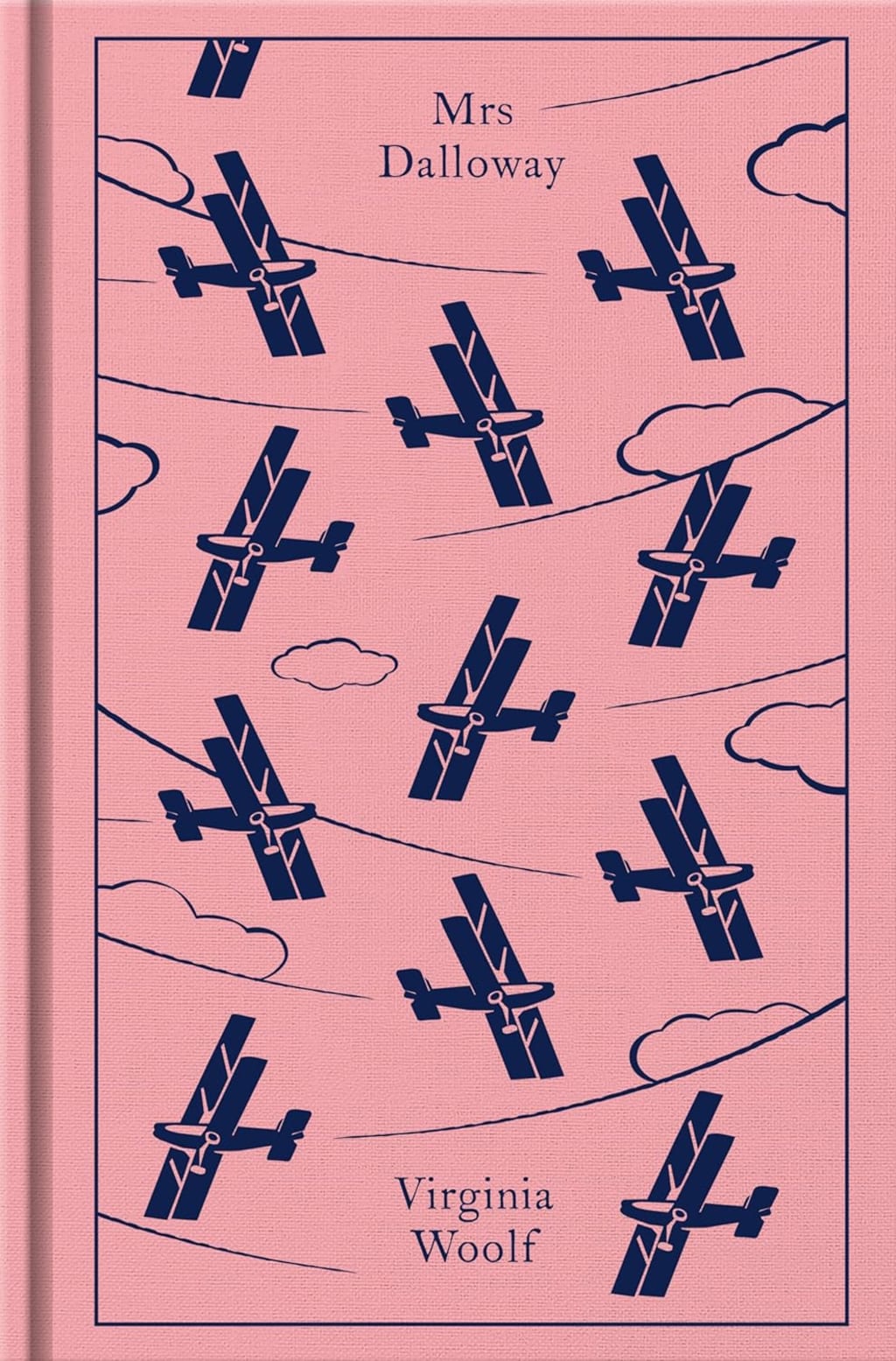
I’m not just doing this because I share a birthday with Virginia Woolf. ‘Mrs Dalloway’ happens to be one of the greatest books of realism written in that half of the 20th century. Woolf was known as the seminal author of the genre and, throughout her formative years of writing, she penned some of the most well-known books on the topic of existing that we as readers have ever read. Even though my favourite novel by Virginia Woolf is the madness-induced ‘Jacob’s Room’, I recognise the importance of ‘Mrs Dalloway’ as one of those novels that you have to admit is slightly better by objectivity. Putting personal opinion aside, let us step back into the world of Clarissa Dalloway - the woman who decided to buy the flowers herself that day.
Plot
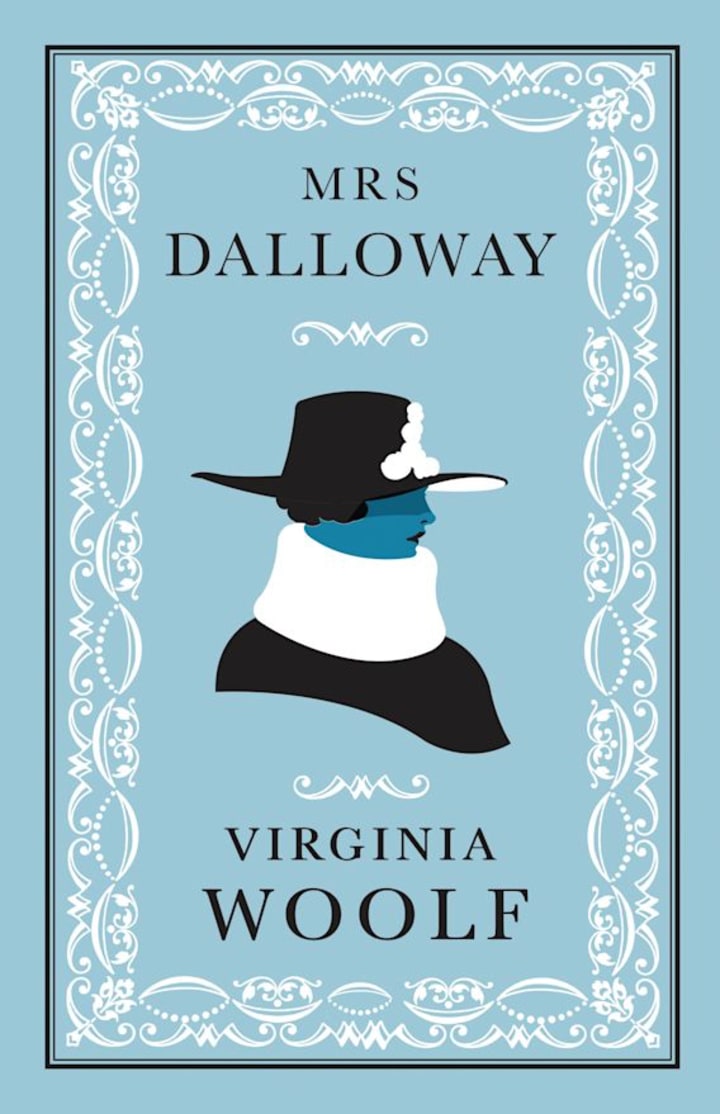
Mrs Dalloway is the middle-aged wife of a politician who starts her day by going out to buy flowers for a party she will be having in the evening. She muses as she walks around London, thinking about the war and her family, different ailments and deaths. She runs into a friend named Hugh and sees a car with a ‘person’ inside. Lucrezia worries about her husband, the veteran Septimus who is in shell shock whilst she also misses her home country of Italy.
Mrs Dalloway has learned that Lady Bruton has invited her husband, Richard, for lunch. She is then unexpectedly visited by her friend, Peter - a man who’s marriage proposal she once rejected and he states that he is in love with an Indian woman who is already married. Elizabeth, Mrs Dalloway’s daughter, comes in as Peter runs out of the house.
Peter wanders around thinking about his failures in life and observes some soldiers entering a house. He follows a young woman down the street and sits near a nurse and falls asleep. He recalls the summer he spent with the now ‘Mrs’ Dalloway and how he was rejected him.
He walks by Lucrezia and Septimus, thinks about Hugh and a woman named Daisy. Septimus has succumbed to hallucinating. He was once a poet and a clerk, but being a soldier took a toll on him as his friend died in the war. Lucrezia does not like the doctor they are seeing to treat the condition he is in.
Richard buys roses for Clarissa but doesn’t say that he loves her as he intended to, they talk for a while and she says that she likes these parties because she loves her life. Elizabeth goes to a shop with her history teacher, Miss Kilman. Though she despises Clarissa, she enjoys her time with Elizabeth. Meanwhile, Septimus helps Lucrezia redesign a hat and reads the paper. Lucrezia prevents the doctor from coming up to see Septimus and Septimus himself climbs and jumps from the window. The doctor then sedates Lucrezia after she sees her husband’s body.
Peter goes to Clarissa’s part albeit slightly annoyed by a letter she has sent. Sally arrives unexpectedly as do other guests. The Bradshaws tell Clarissa of Septimus’s suicide and though she leave the room with the news, Peter feels excited for her to return.
Into the Book
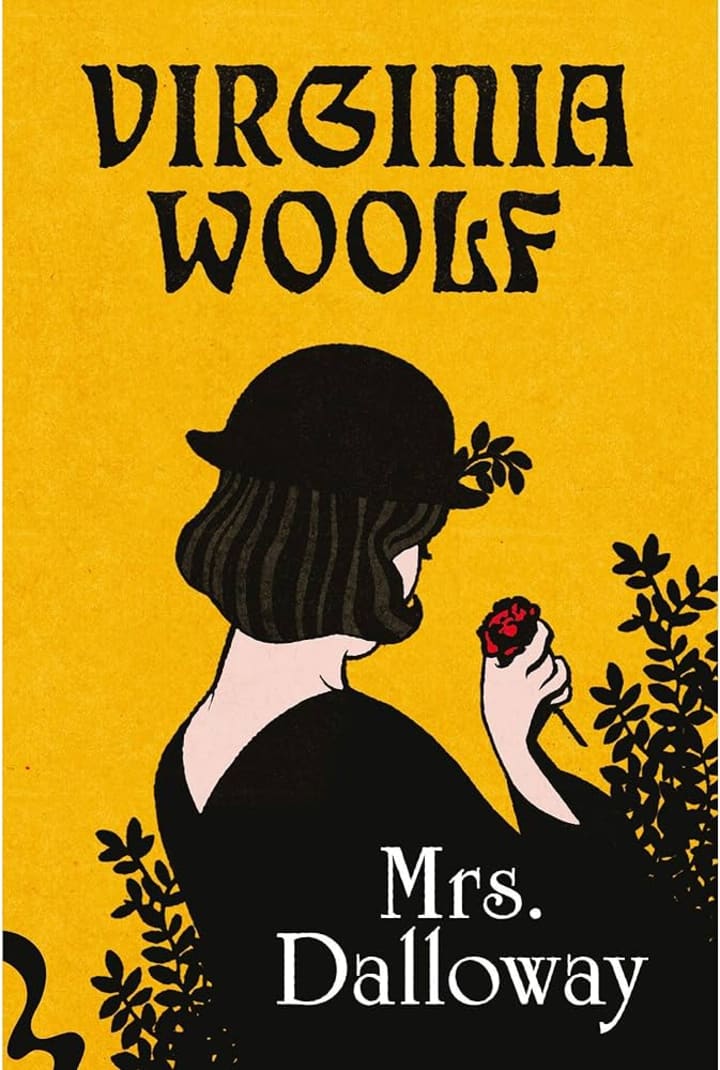
There are some very key themes in the novel ‘Mrs Dalloway’ and some are easier to see than others. I’m going to cover the three themes, motifs and symbols that are the most important to me when I was reading the book here. The first of those being death.
Beneath the atmosphere of the post-war party in the novel there is a certain terror of death. This is not the death of the characters themselves, but rather the understanding that everyone lost someone to the war and therefore, there’s a mutual fear of people close and nearby dying in horrifying ways. One way we see this in the book is in Septimus’s death. When Septimus jumps from the window and commits suicide, it is even more important because he was a soldier in the war who, in turn, witnessed his friend (Evan) die. This continuation of death is what was feared in that interval between the first and the second world wars, the very real possibility that there could be a sort of ‘purple thread of doom’ connecting the first world war to another war later on that may be - nobody knew when though.
For Clarissa Dalloway, death is understood and mused on - maybe presenting an ignorance due to her class, but most definitely presenting a desensitisation due to the war - though everyone was afraid, everyone understood. The life Septimus was leading, in Clarissa’s mind, was a pain much worse than simply being killed on the battlefield. Not only was there a survivor’s guilt in Septimus, but the madness he suffered because of death meant that he was probably better off dying according to her. The lines from Shakespeare’s play ‘Cymbeline’ are reflective of that. Though everyone is terrified of death, there are certain people who may be better off if they were dead due to the great suffering they experience during life.
This is juxtaposed with how Septimus dies. He dies in quite a horrific way and yet, there is no ripple effect that is felt by the people at the party. Not just because they did not witness it, but because it is meant to represent that same desensitisation to violence in the war. People would hear about it, not see it and therefore, become desensitised to the language associated with the horrific violence endured by many. It is an extensive theme, but it is great to investigate because it is entirely dependent on the context in which the text is written. Virginia Woolf, in her era and in her state of mind, would have understood this better than a lot of people.
“Fear no more the heat o’ the sun…Nor the furious winter’s rages.” [Cymbeline by William Shakespeare]
- Mrs Dalloway by Virginia Woolf
One of the motifs in the text is the plays of William Shakespeare and honestly, I do not only think that this is important because I like Shakespeare. It is also important because of the way Virginia Woolf presents Shakespeare as an old-world ‘pre-war’ comfort of poetry and plays.
First of all, we have that classic line from ‘Cymbeline’ which is spoken for the death of Septimus and we have some allusions to ‘Othello’. But I think that the most telling sign that Shakespeare is a pre-war important comfort of the timelessness and safety of leisure and theatre is in the way Septimus behaves.
We learn of his status before the war as a man of poetry and letters, someone who holds a deep appreciation of Shakespeare but, when he returns with shell-shock, there is no longer anything there for him. He is too far gone into shock to experience anything that is not related to his own PTSD.
“What does the brain matter compared with the heart?”
- Mrs Dalloway by Virginia Woolf
The final one I would like to discuss which I think is of prime importance if you’re going to look at the most obvious themes of the book is the presence of war. The war is a constant in the book not just as a reminder of the impact of violence upon someone like Septimus, but it is also a reminder of a previous, more expressive life for someone like Clarissa. Through various friends and flashbacks, she is reminded of possibilities as are other characters. These possibilities only existed before the war and could not exist afterwards.
Take a look at Peter’s flashback to going to Clarissa’s house where he is ultimately rejected by Clarissa. This becomes a constant reminder to Peter about the possibilities before the war and, by the end of the text, Clarissa is about to re-enter the room - this for Peter, becomes an overwhelming state of excitement. But, as with the married Indian woman, Peter must try his best to contain himself. Previous lives encroach impossible situations on the present ones and though we do not know what will happen next, Richard does not tell Clarissa he loves her - but there is a shaky probability that Peter will.
It is nothing Clarissa does not know and so we must think of the reactions of other characters. The war is not just a reminder of violence, it is a blockade against past situations that have drawn people both to and from each other in ways previously unimaginable.
“It might be possible that the world itself is without meaning.”
― Virginia Woolf, Mrs. Dalloway
Why It’s a Masterpiece
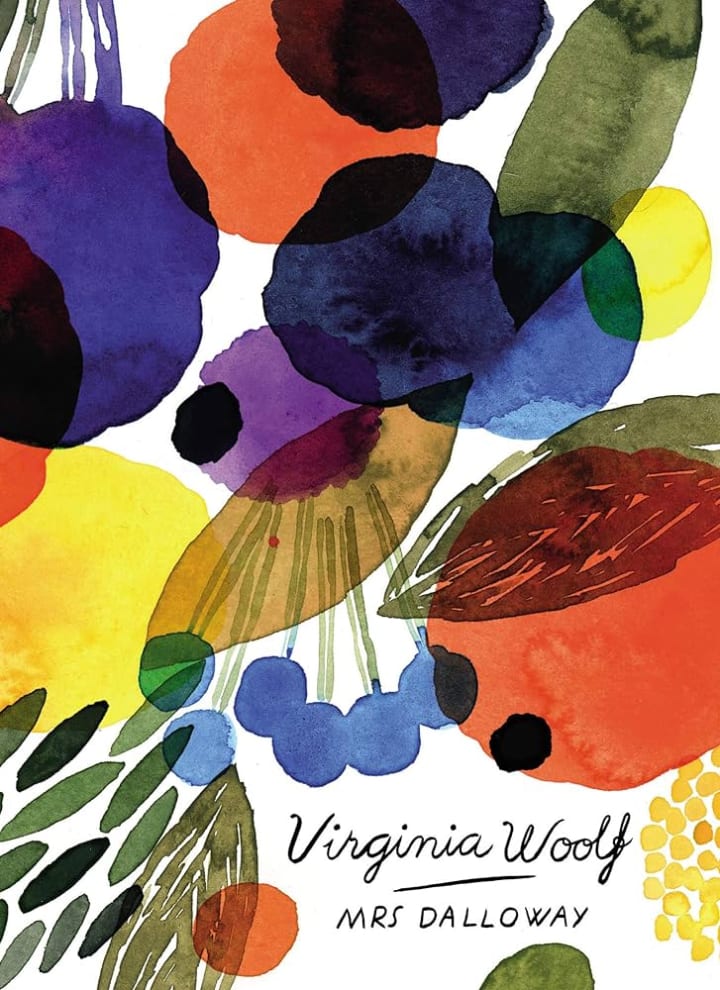
In October 2005, this novel was included on TIME Magazine’s list of the 100 best novel written in the English Language since its publication in 1923 and has constantly been recognised as one of the seminal works of realist fiction. Written in a stream-of-consciousness it seems to be more accessible than James Joyce’s ‘Ulysses’ and has some better interpretations and research. This is probably due to the fact that it is more controversial, covering progressive topics like feminism and homosexuality at a time where these were talking topics amongst the people protesting for change. Virginia Woolf constructs the day in the life of one of the most famed and adored characters in 20th century fiction by including a whole host of characters, each of whom represent a key aspect of post-war life.
Conclusion
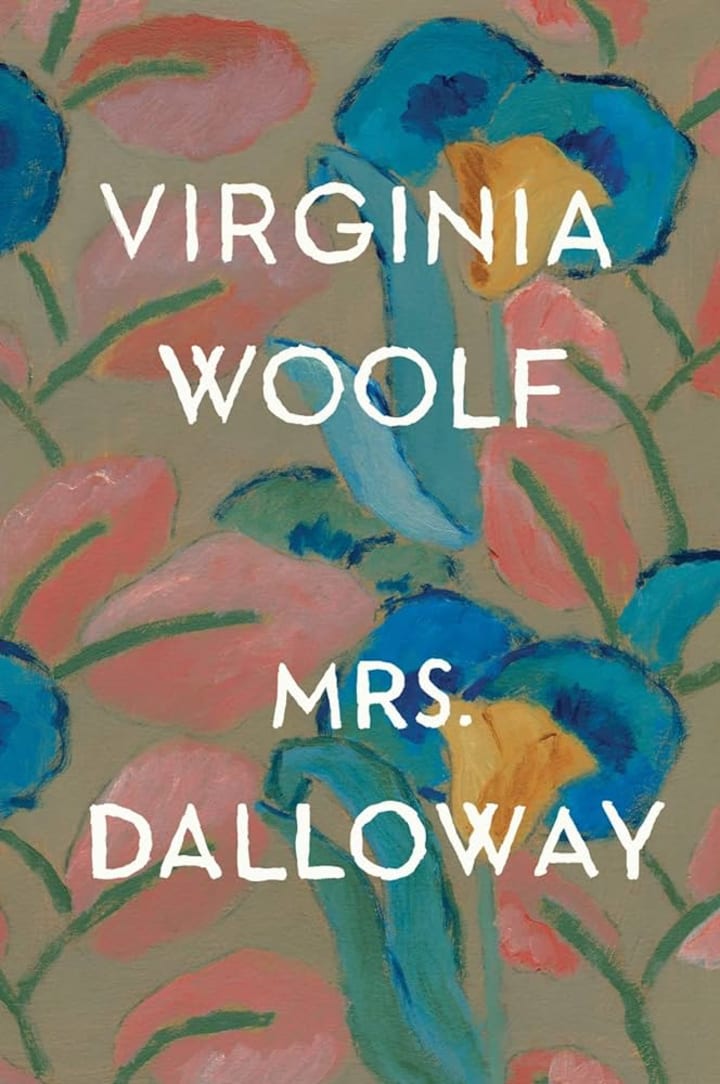
Honestly, it is simply one of the great joys of life to read and re-read ‘Mrs Dalloway’ by Virginia Woolf and it proves to be such a joy for generations after her own especially. We are walked through the world of middle-class post-war London in which everyone has changed and though we did not see much of their world before the world (only flashbacks), we are well aware of how much has shifted since.
Next Week: Go Tell it on the Mountain by James Baldwin
About the Creator
Annie Kapur
200K+ Reads on Vocal.
Secondary English Teacher & Lecturer
🎓Literature & Writing (B.A)
🎓Film & Writing (M.A)
🎓Secondary English Education (PgDipEd) (QTS)
📍Birmingham, UK


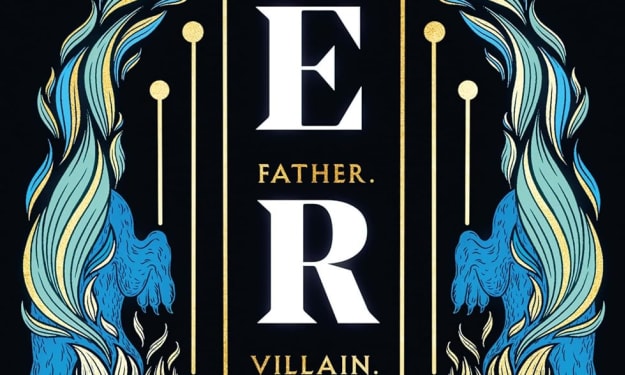
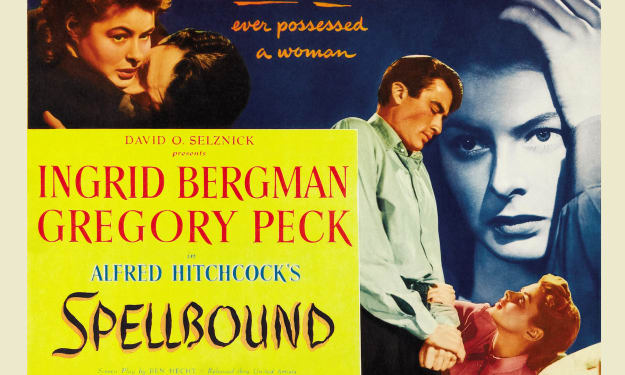


Comments
There are no comments for this story
Be the first to respond and start the conversation.